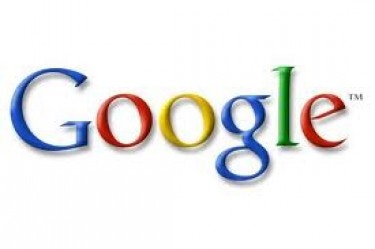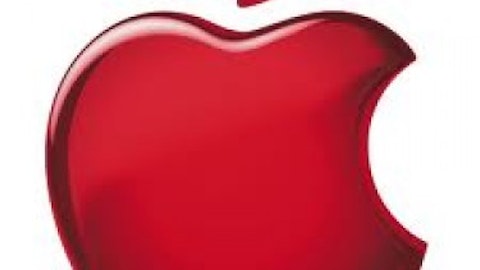Mountain View-based search engine specialist Google Inc (NASDAQ:GOOG) has again confirmed the existence of another product that has helped churn the rumor mills for quite some time now – the supposedly path-breaking X phone. As the company’s Motorola Mobility Holdings Inc (NYSE:MMI) smartphone unit confirmed the planned launch of the ‘Moto X’ handset, the one question that some investors will be sure to ask is whether this would be the year 2007 revisited once again. Yes, I’m referring to the year Apple Inc. (NASDAQ:AAPL)’s tech guru Steve Jobs changed the way people looked at handsets with the iPhone.
Let’s look at the bigger picture, shall we?
Well, to start with, the Moto X will not be having a bendable display, and there’s no news yet of its expected shatter-proof body structure, two things that would have otherwise made it unique. Instead, the phone’s going to be laced with advanced sensor technology, and would use extra processors to conserve battery life. But then again, this is not an article that caters to tech aficionados, so let’s go ahead and figure out the potential impact of this new stream of revenue generation for a company whose name appears to be synonymous with the word ‘diversity.’ And perhaps what’s far more important is not to take this one product in isolation but to make an honest assessment of the actual commercial viability of a series of new experiments that the company is conducting in the shape of the Google Inc (NASDAQ:GOOG) Glass, Google Fiber, and the Chromebook Pixel, among others.
As things stand at present
Well, if you start by looking at the smartphone scenario at present, Apple and Samsung are the leading smartphone makers, but Google is the undisputed leader as far as operating systems are concerned. In fact, if you go by 1Q 2013 data posted by research firm IDC, Google’s Android operating system commands 75% market share as opposed to a meager 17.3% by Apple Inc. (NASDAQ:AAPL)’s iOS. That’s convincing enough for people like me to believe that Google Inc (NASDAQ:GOOG) has now not one, but two core sources of revenue – search engine dominance and global supremacy in operating systems. As long as there’s no significant alternative to the effectiveness of marketing tools like AdWords or the ease of use and subsequent popularity of Android, these two factors are reason enough why Google should be a really good long-term bet.
The advantages line up
But, now that Google Inc (NASDAQ:GOOG)’s gunning for a greater share of the smartphone handset market with the Moto X, it’s only fair that we attempt a layman’s comparison between the company’s currently available Nexus handset series and the Apple Inc. (NASDAQ:AAPL) iPhone line-up, just to have an idea of where we’re actually headed for. Well, for a start, it’s the price. I don’t see any reason not to believe in the commercial viability of phones that cost less than half the price of a premium Apple handset, while offering much bigger screen size options, ease of usability and dependence on an operating system that outpaces Apple’s iOS in phones as well as in tablets by a handsome margin.
Microsoft (NASDAQ:MSFT)’s challenge
However, that doesn’t mean the competition is getting less crowded for Google Inc (NASDAQ:GOOG). Software biggie Microsoft Corporation (NASDAQ:MSFT) is leaving no stone unturned to ensure the popularity of its Windows 8-based smartphone operating system, as it collaborates with ex-handset market leader Nokia Corporation (ADR) (NYSE:NOK) over the Lumia line-up. However, as I had already mentioned before, the relative scarcity of decent apps for the Windows marketplace as against Android and Apple’s iOS is a crippling factor indeed, and one that pushes Microsoft’s operating system to a distant third place with a 3.2% market share in the first quarter of 2013, as per IDC data.
The enterprise factor
At the same time, Microsoft Corporation (NASDAQ:MSFT) and Nokia Corporation (ADR) (NYSE:NOK) still have a distinct edge over Google Inc (NASDAQ:GOOG) in the race to grab a larger share of the enterprise market, a prized segment for everyone involved in the smartphone industry. That’s because Windows continues to remain the corporate customer’s favorite computing software, while Android’s perceived susceptibility to malware continues to be a stumbling block for Google.






